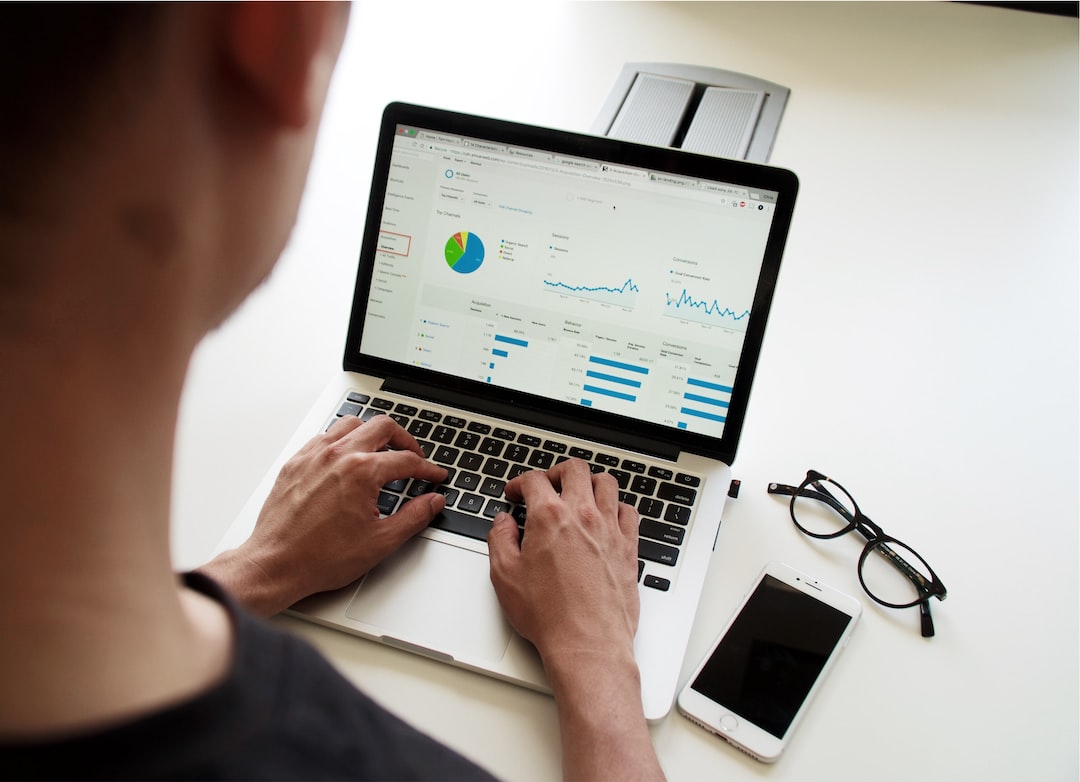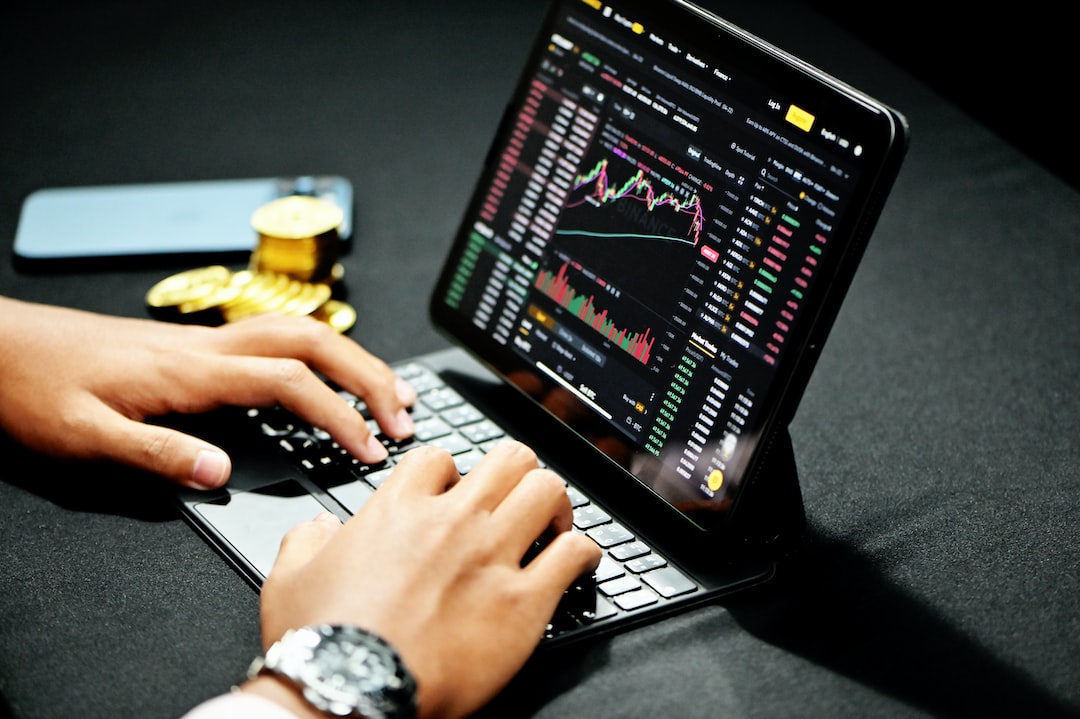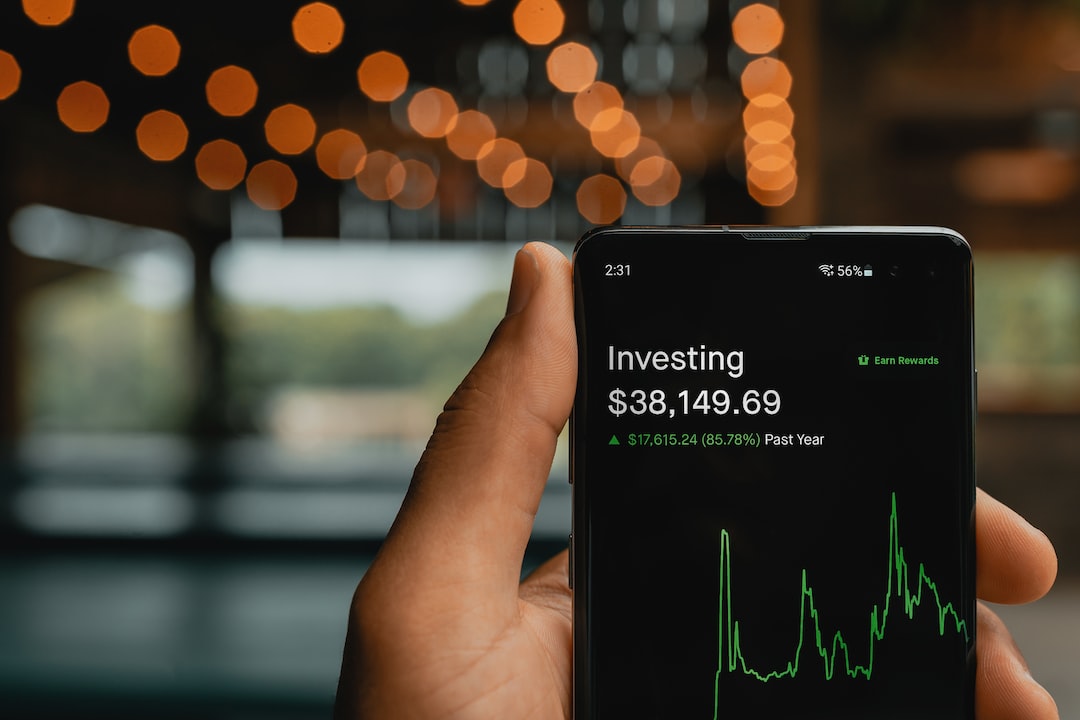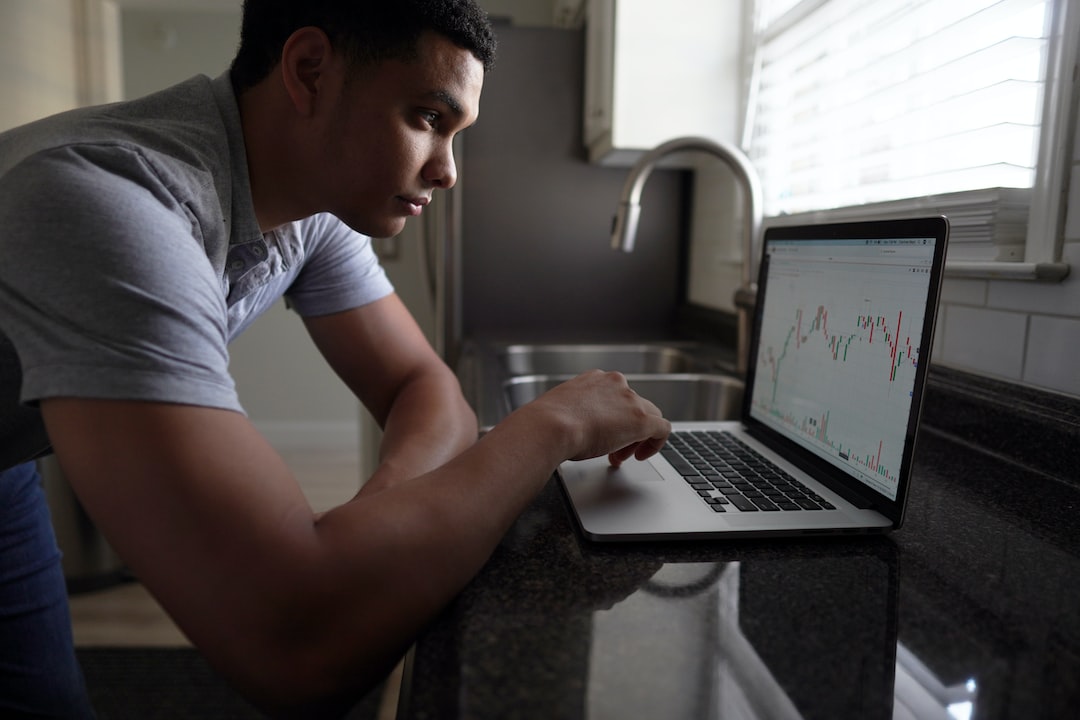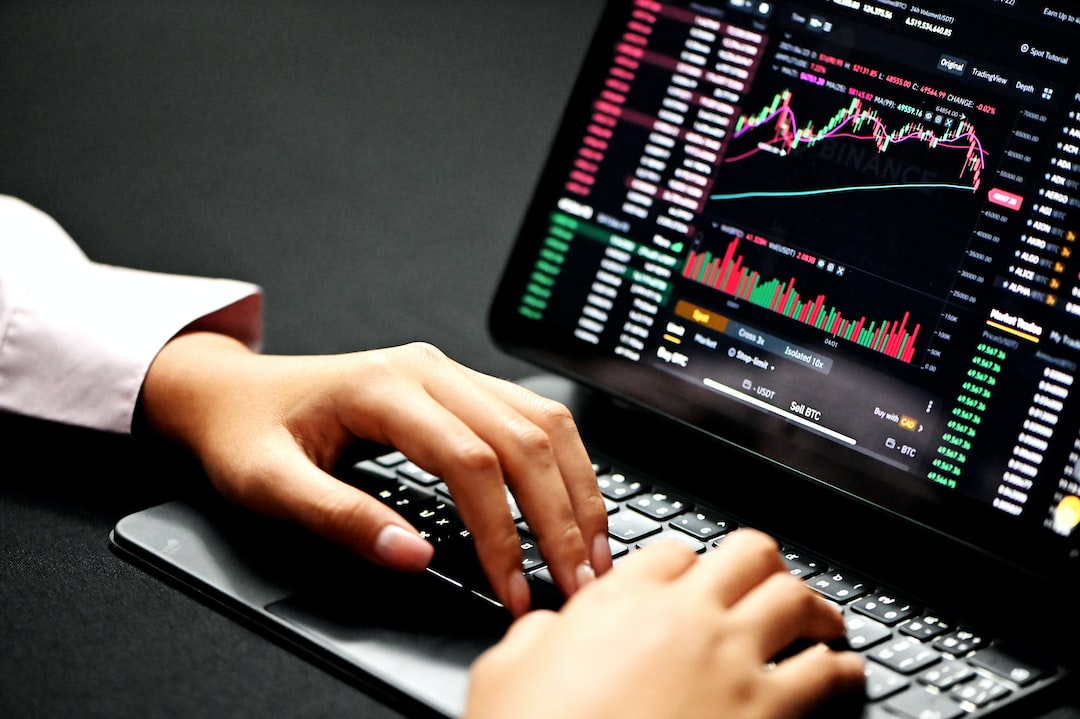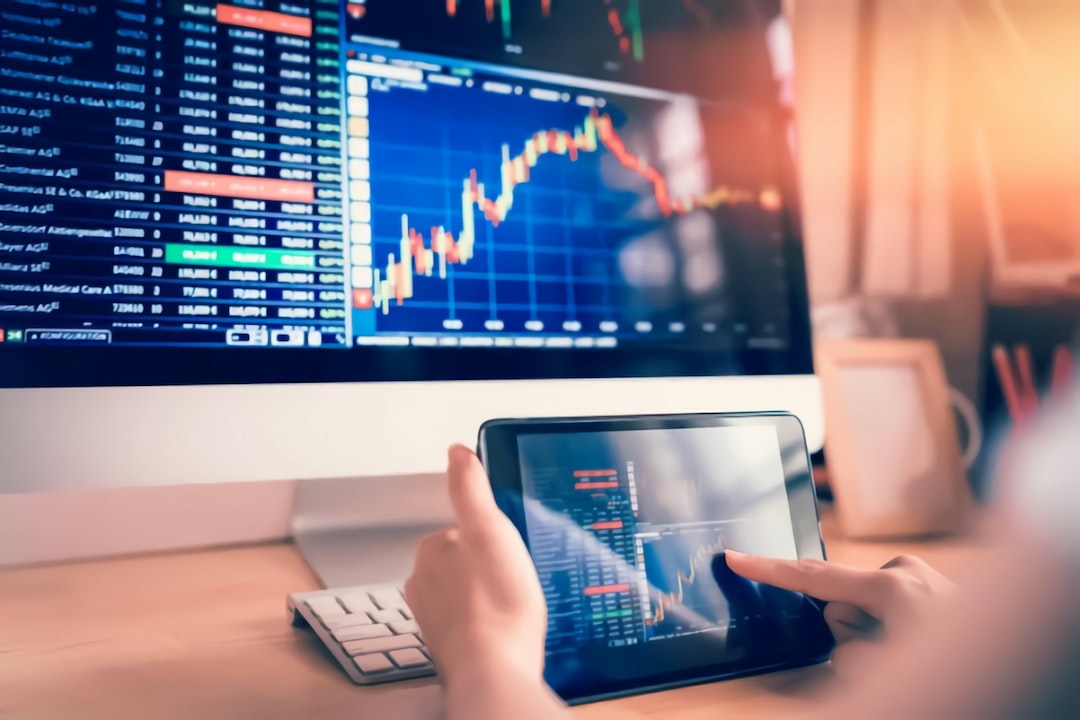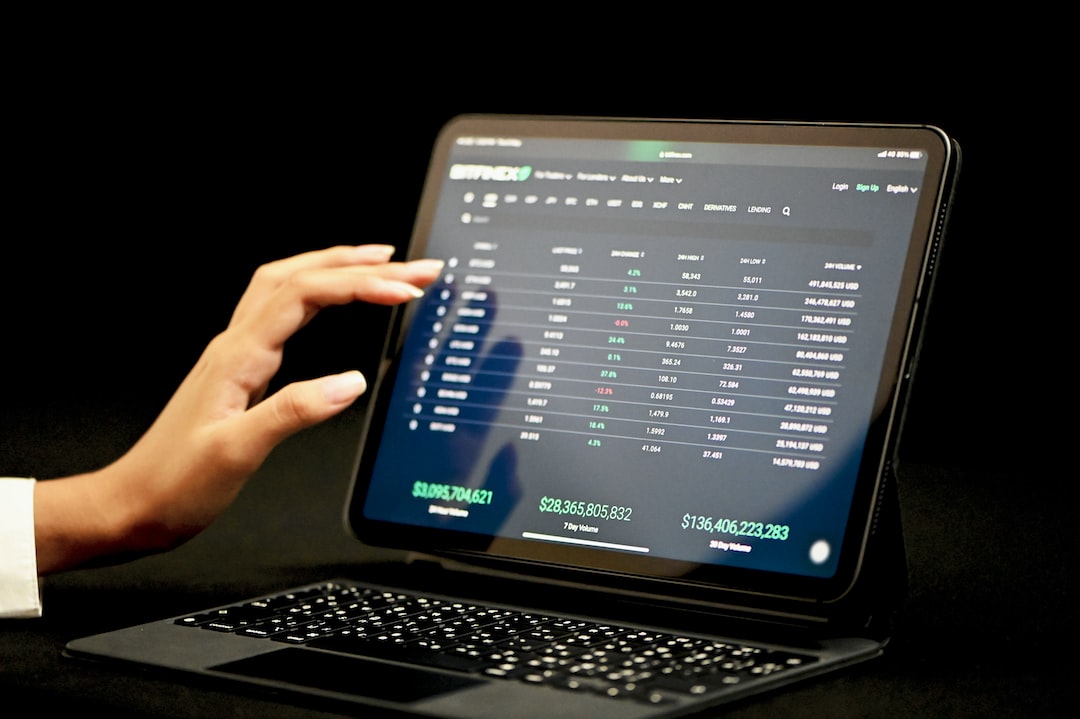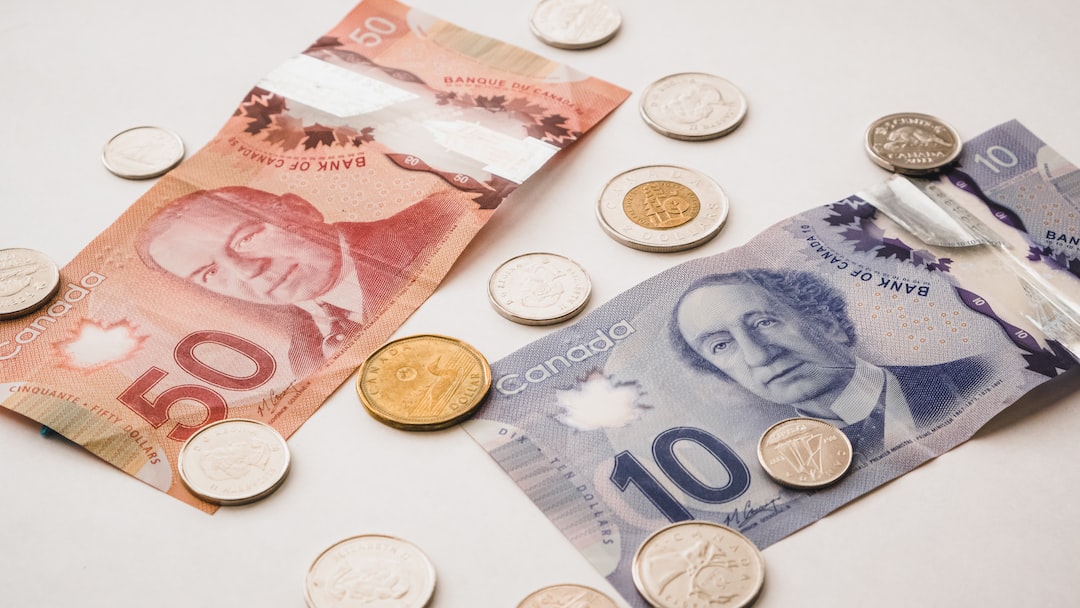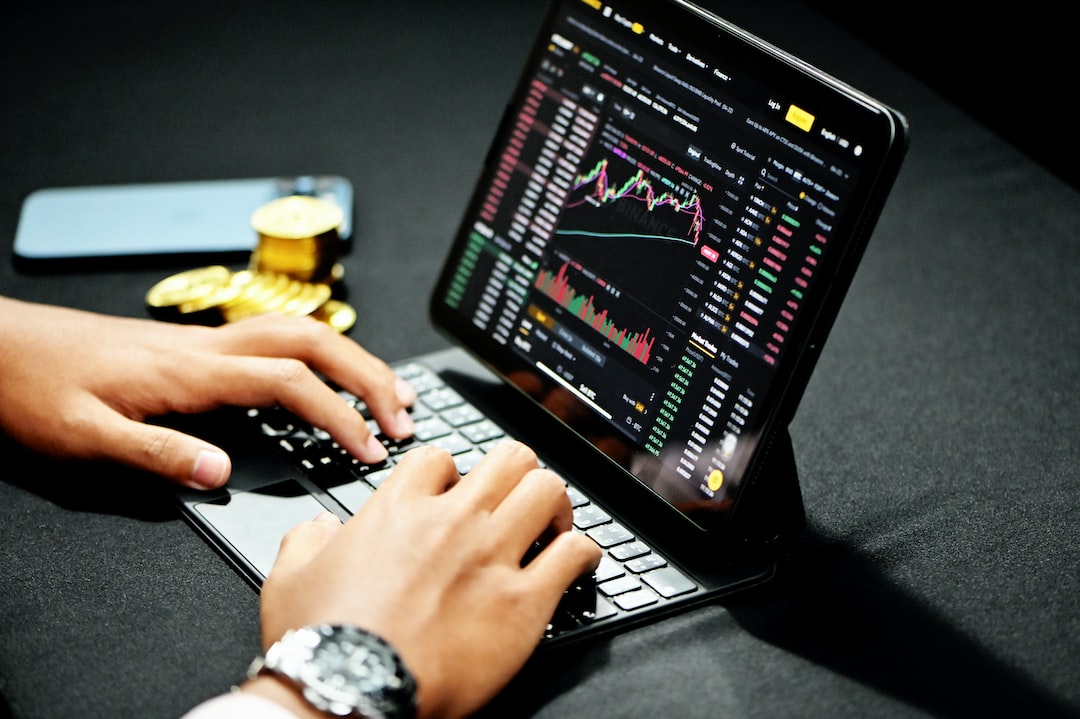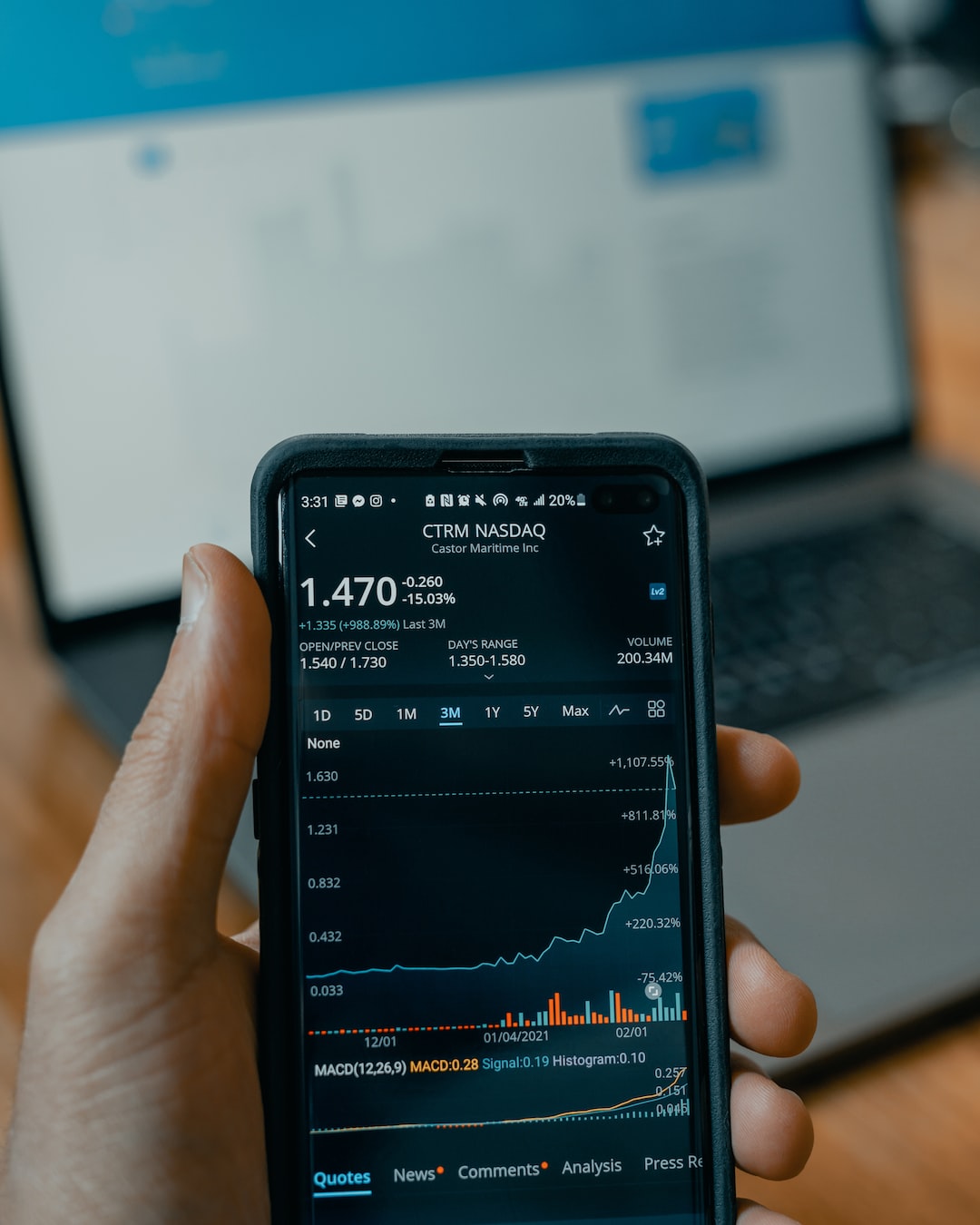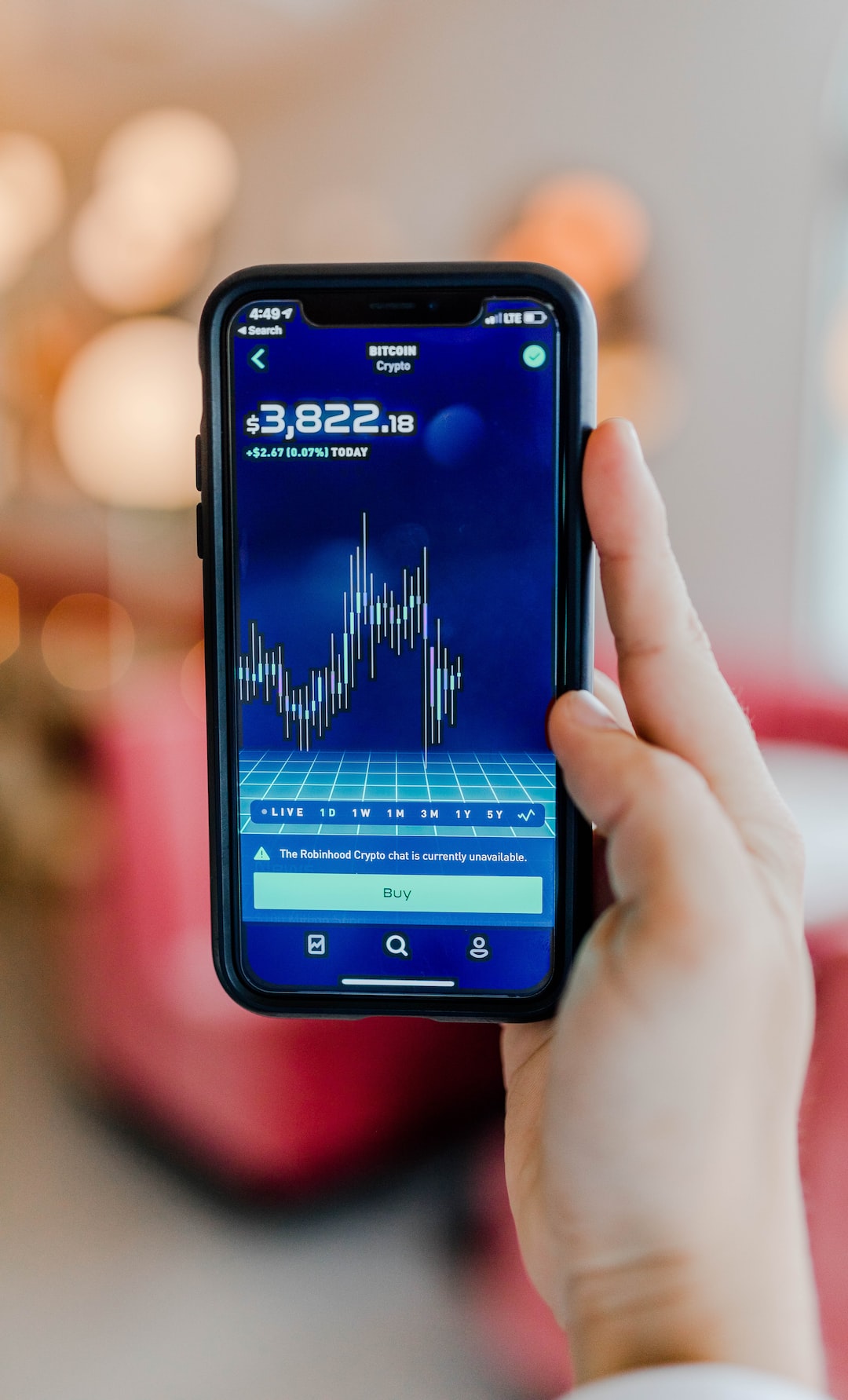The Best Demo Accounts for Forex Trading: Features and Benefits Compared
Forex trading is a highly complex and volatile market, where investors have the opportunity to profit from the fluctuation of currency exchange rates. However, it is also a market that carries significant risk, especially for inexperienced traders. This is why demo accounts have become an essential tool for traders to practice and gain experience before risking their own capital.
A demo account, also known as a practice account or a simulated account, is a trading account that allows traders to trade with virtual money in a real-time market environment. It provides a risk-free platform for traders to learn about the forex market, test their trading strategies, and gain confidence in their trading skills.
In this article, we will explore some of the best demo accounts for forex trading, comparing their features and benefits to help traders make an informed decision.
1. MetaTrader 4 (MT4) Demo Account:
MetaTrader 4 is one of the most popular trading platforms in the forex market, known for its user-friendly interface, advanced charting tools, and extensive range of technical indicators. Most forex brokers offer a demo account based on the MT4 platform, allowing traders to familiarize themselves with its features and functionalities.
The MT4 demo account provides traders with access to real-time market data, allowing them to execute trades, analyze charts, and test trading strategies without risking real money. Traders can also access historical price data, which is essential for backtesting trading strategies.
2. MetaTrader 5 (MT5) Demo Account:
MetaTrader 5 is the successor to MT4, offering enhanced features and improved performance. While MT4 is still widely used, MT5 is gaining popularity among forex traders due to its advanced capabilities, including additional order types, depth of market, and a built-in economic calendar.
The MT5 demo account offers the same features as the MT4 demo account, allowing traders to practice their trading strategies in a realistic market environment. It is particularly beneficial for traders who plan to transition from MT4 to MT5 in the future.
3. cTrader Demo Account:
cTrader is another popular trading platform in the forex market, known for its advanced charting capabilities and lightning-fast execution speed. It is a preferred choice for traders who value transparency and direct market access.
The cTrader demo account provides traders with access to real-time market data, advanced charting tools, and a wide range of order types. It also offers the ability to create and backtest trading algorithms using cAlgo, a powerful algorithmic trading platform integrated with cTrader.
4. NinjaTrader Demo Account:
NinjaTrader is a comprehensive trading platform that caters to both forex and futures traders. It is known for its extensive range of technical analysis tools, advanced order types, and customizable interface.
The NinjaTrader demo account allows traders to practice their forex trading strategies using real-time market data. It offers a wide range of charting options, including advanced drawing tools, multiple time frames, and customizable indicators. Traders can also backtest their strategies using historical price data.
5. TradingView Demo Account:
TradingView is a web-based charting platform that offers a wide range of features and tools for forex traders. It is particularly popular among technical analysts due to its extensive library of technical indicators and drawing tools.
The TradingView demo account provides traders with access to real-time market data and advanced charting tools. Traders can create customized watchlists, analyze charts using various time frames, and collaborate with other traders through the platform’s social features.
In conclusion, demo accounts are essential for forex traders to gain experience, test their trading strategies, and build confidence before risking real money. The best demo account for you will depend on your trading style, preferences, and the features that are most important to you. Whether you choose MetaTrader 4, MetaTrader 5, cTrader, NinjaTrader, or TradingView, make sure to take advantage of the demo account to hone your trading skills and increase your chances of success in the forex market.






